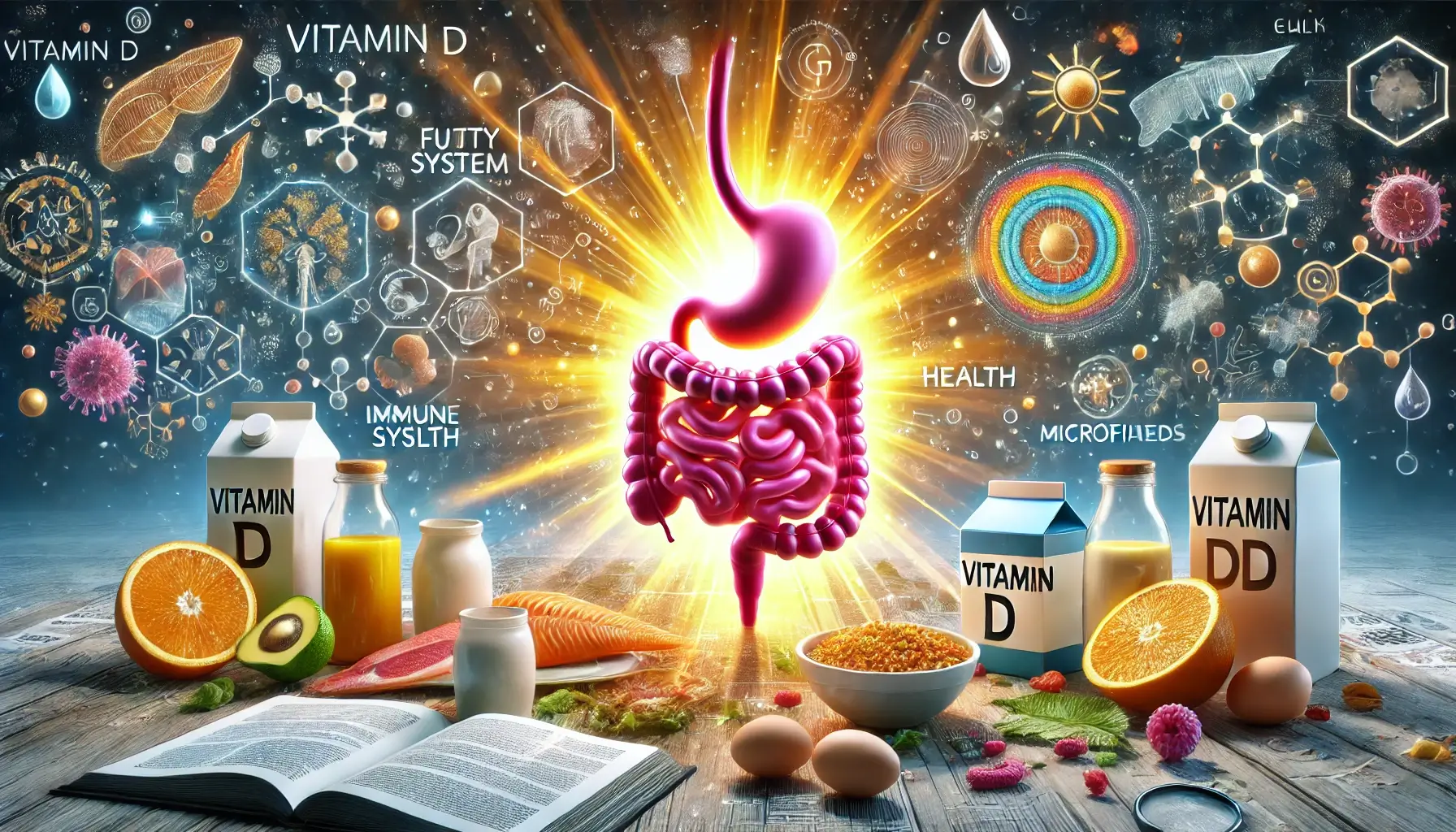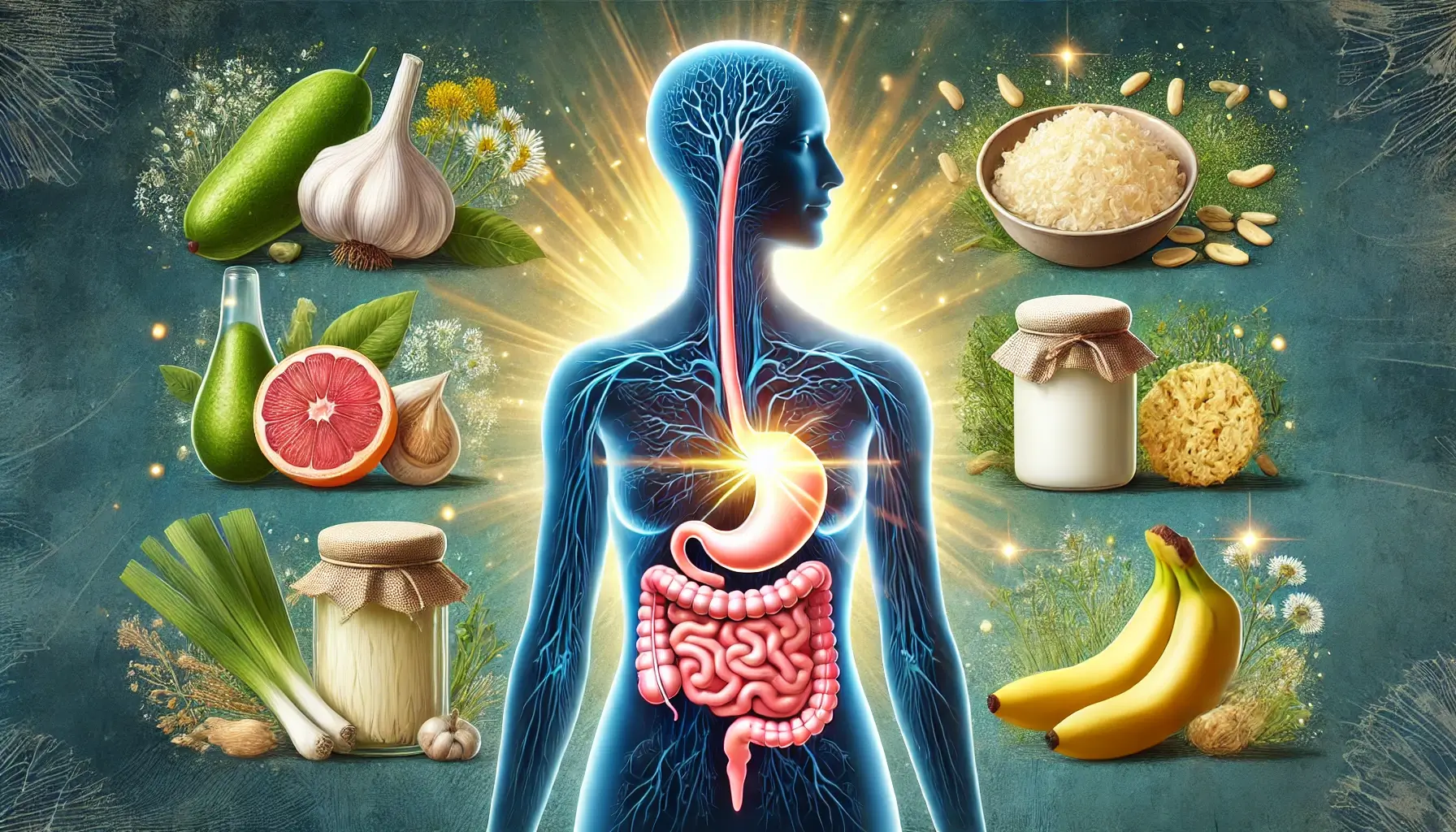Treating Symptoms of Gallstones, Natural Remedies, Herbals and Diet
Approximately 20 million people throughout the United States have a problem with the gallbladder, which is a pear-shaped organ situated under the liver near the kidneys. The gallbladder produces bicarbonate and salts, essential to the body’s insulin production.
In addition, the gallbladder has bicarbonate to help digest fats and proteins broken down and excreted from the body. The common gall bladder problem is gall stones, crystallized chunks of cholesterol, and bicarbonate that form in the liver or bile channel. This passage takes the bicarbonate from the gallbladder into the small intestine or colon.
Gallstones May Be Responsible for One-Third of All Pancreatic Cancer
Gallstone symptoms can range from mild to severe depending on the size and composition of the stone. Common symptoms include pain, fever, vomiting, and even jaundice. Gallstones may lead to severe complications such as jaundice and other pancreatic disorders, pancreatitis, and pancreatic cancer in more severe cases. Gallstones may be responsible for one-third of all pancreatic cancer cases or one in five pancreatic deaths. If left untreated, gall stones can cause many more complications. At-risk symptoms Read More
Gallstones are a common affliction. While they are not life-threatening, they can block the bile ducts, leading to infection and inflammation. Untreated gallstones can even be fatal. According to the (NIH) National Institutes of Health, 20% of adults have gallstones. They are most common in Hispanic, Native American, and Northern European ancestry. However, there is no known cure for gallstones. Gallstone disease is a global medical issue Read More
Should I Cut Down on Saturated Fats?
A balanced diet is crucial for good health. Cutting down on saturated fat and other high-calorie foods is essential to prevent gallstone formation. A healthy diet may also reduce the symptoms of gallstones.
It is essential to remember that no one dietary or lifestyle plan will eliminate gallstones. While a healthy diet can help, it is not always enough to prevent the development of these painful stones. For instance, a low-fat diet, avoiding high-fat foods, and avoiding alcohol may help reduce the symptoms of gallstones.
Increasing the intake of fiber, monounsaturated fat, and vegetable protein may protect against gallstones. In addition, FOS, a natural dietary substance found in soya beans and asparagus, may help prevent the formation of gallstones. Moreover, these foods contain FOS, which is essential for breaking down cholesterol. So, while eating a diet that includes these food types may protect against gallstones, remember that these are not effective enough to prevent the development of gallstones.
Gallstones Symptoms Include Nausea, Fever, and Loss of Appetite
A gallstone typically grows in a small amount over time. Still, it becomes a potentially serious problem when these small stones become large enough to obstruct the bicarbonate flow. Small rocks may not cause pain or discomfort, but as they grow in size, they may pinch or bruise the esophagus, the stomach, or the chest or throat. In addition, large gallstones can lead to difficulty swallowing or breathing. Other gallstones symptoms include nausea, fever, loss of appetite, jaundice or vomiting, and abdominal pain.
Doctors Often Suggest Dietary Changes
Some medications reduce the risk of developing gallstones by increasing bicarbonate flow. Corticosteroids and nonsteroidal anti-inflammatory drugs reduce the amount of acid in the bloodstream. In most cases, however, these medications have minimal effect. Some instances in which prescribed medications treat gallstones and intestinal pain and inflammation, but their effectiveness is often limited. To treat gallstones symptoms, doctors often suggest the patient make dietary changes. Foods high in protein prevent and cure the disease better than fruits and vegetables, and patients should avoid fatty foods and caffeine.













